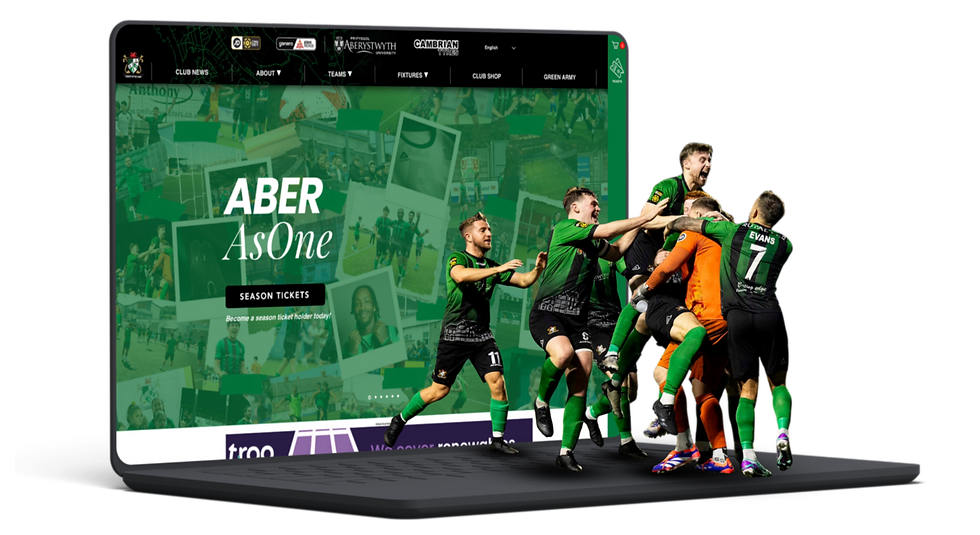How to identify relevant keywords
- Damian Burgess

- Sep 14, 2017
- 2 min read
To identify relevant, high-quality keywords, ask yourself the following questions:
1. How relevant is the term/phrase to the content, services, products or information on your site?

Terms that are highly relevant will convert better than terms that are ancillary to your content’s focus.
2. Assuming a visitor who searches for that term clicks on your result in the SERPs, what is the likelihood that she will take action in a way that will positively influence your site?
You need to assess how likely it will be for users to perform a desired action on your site (make a purchase, subscribe to a newsletter etc., create a link to your site, influence others to visit, or engage in off-site engagement by promoting your content in social media. It is a good idea to target keywords that indicate imminent action (buy Ford Mondeo, best prices for Honda Civic) because searchers are more likely to perform the corresponding action on your site when they search for those terms than they are for terms such as Honda civic or Ford Mondeo. Your click-through rates are likely to be higher if you target keywords that indicate the intent behind the search.
3. How many people who search for this term will come to your site and leave dissatisfied?
Pay attention to your site’s content and compare it to what other sites in the top results are offering. Do these sites offer a more positive user experience? If so, learn from them. You can also take a look at your analytics and see which of your pages have the highest abandonment rates. See what you can change on those pages to improve user experience and improve the customer’s experience.




Comments